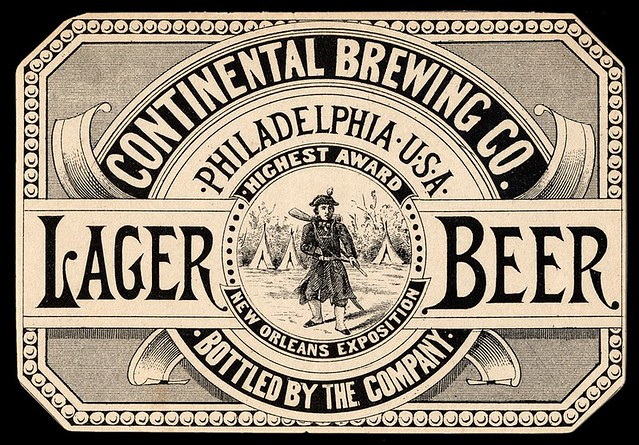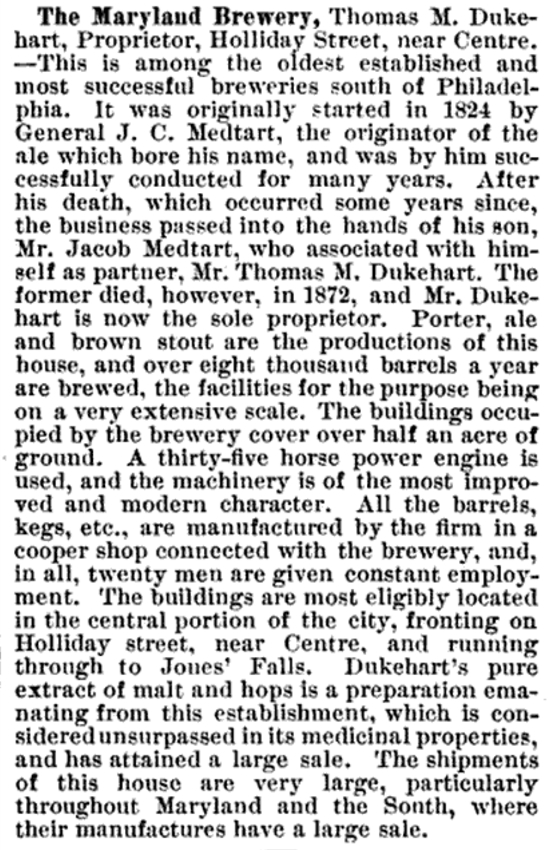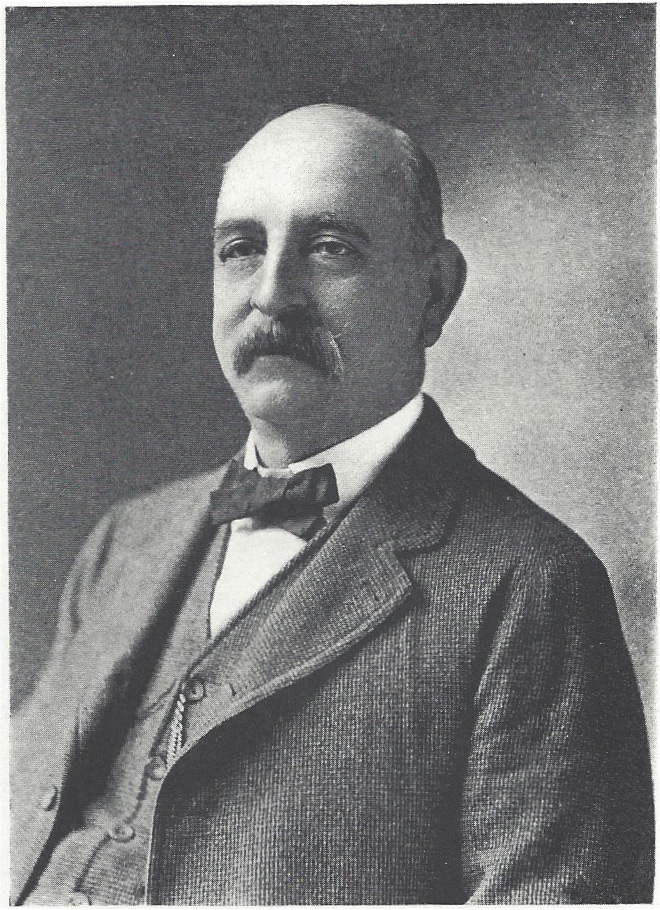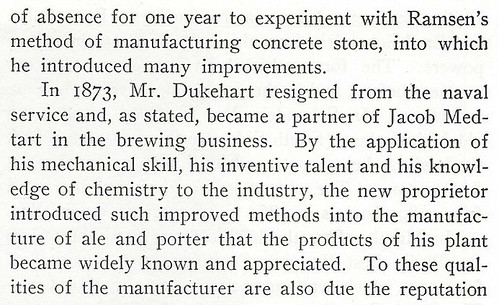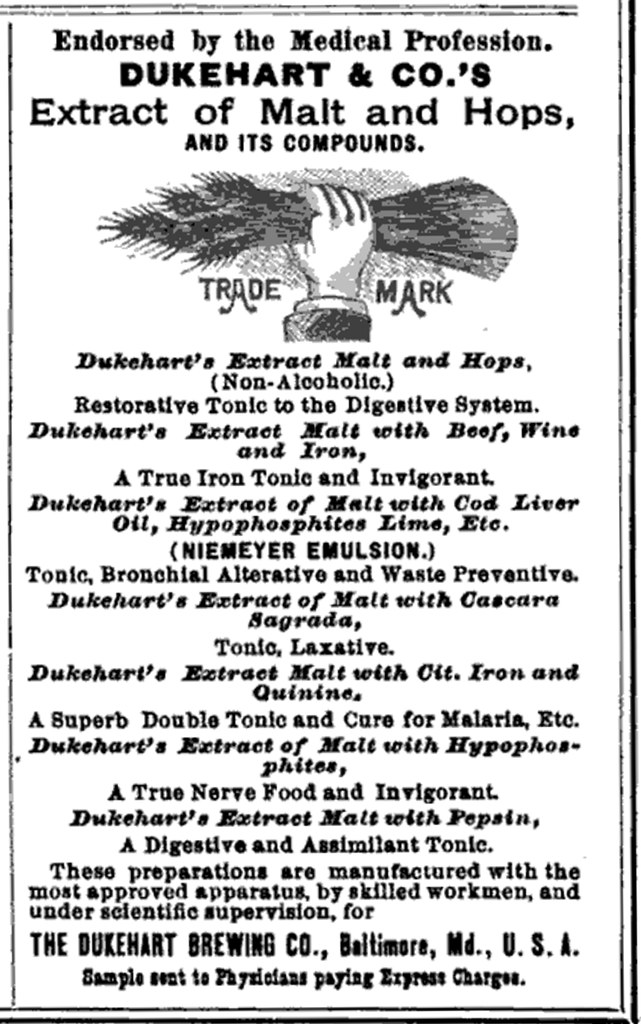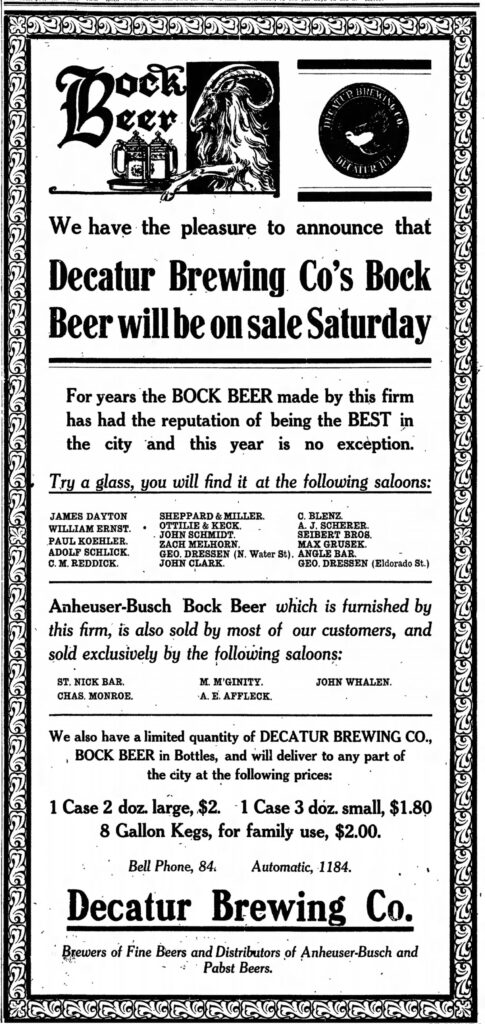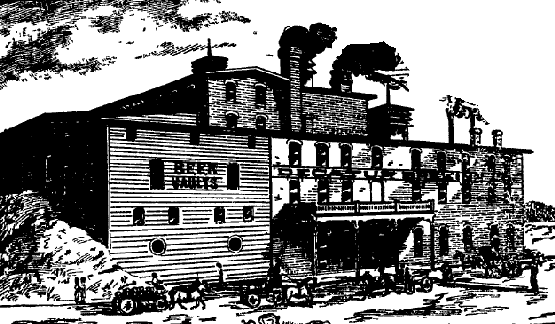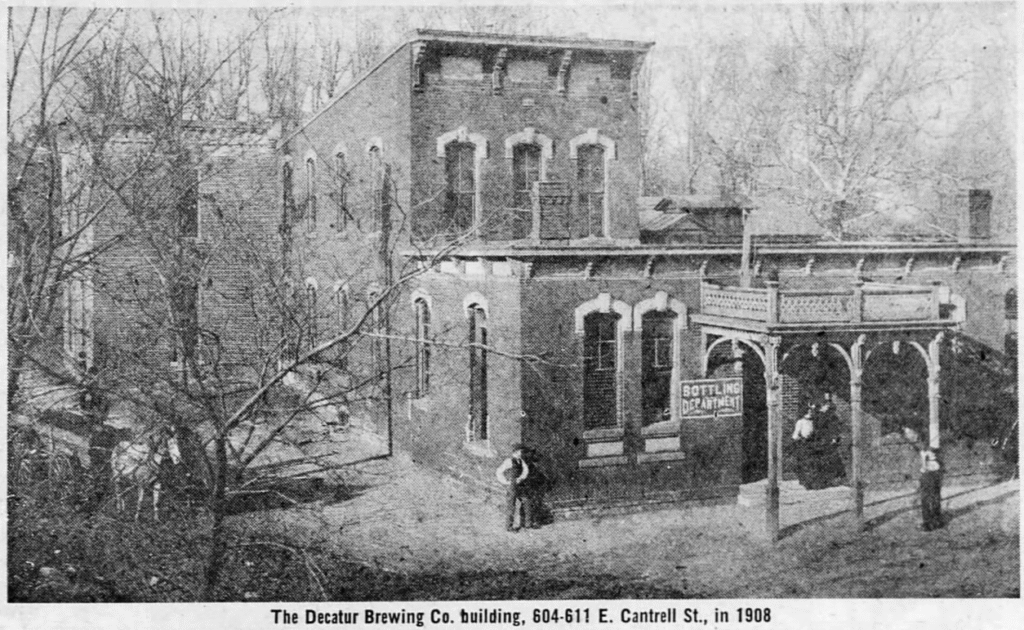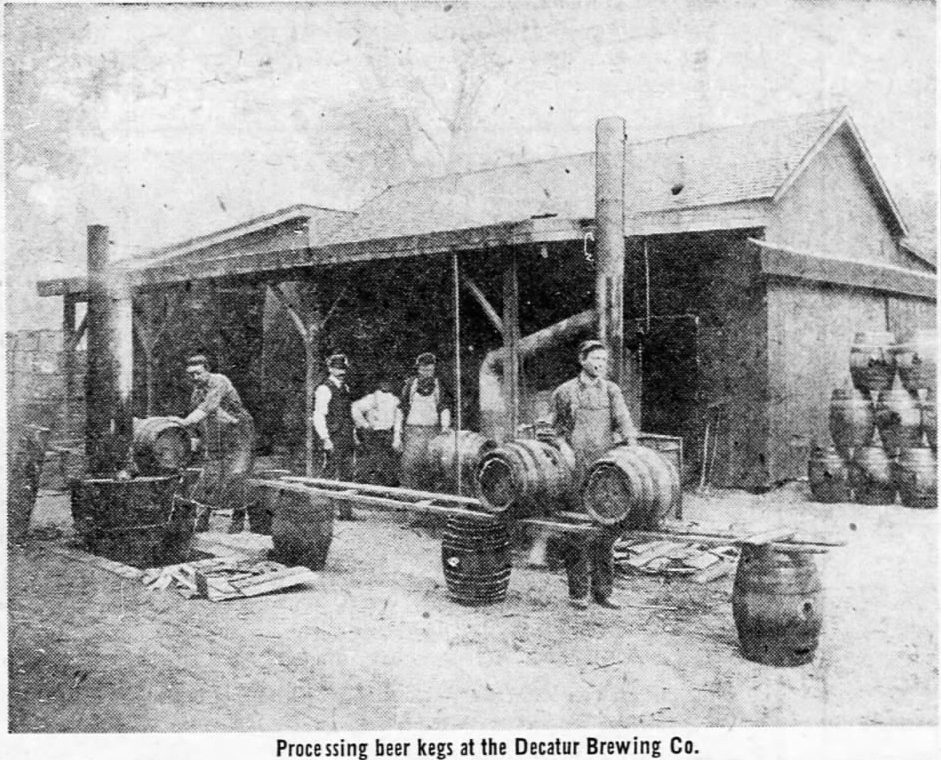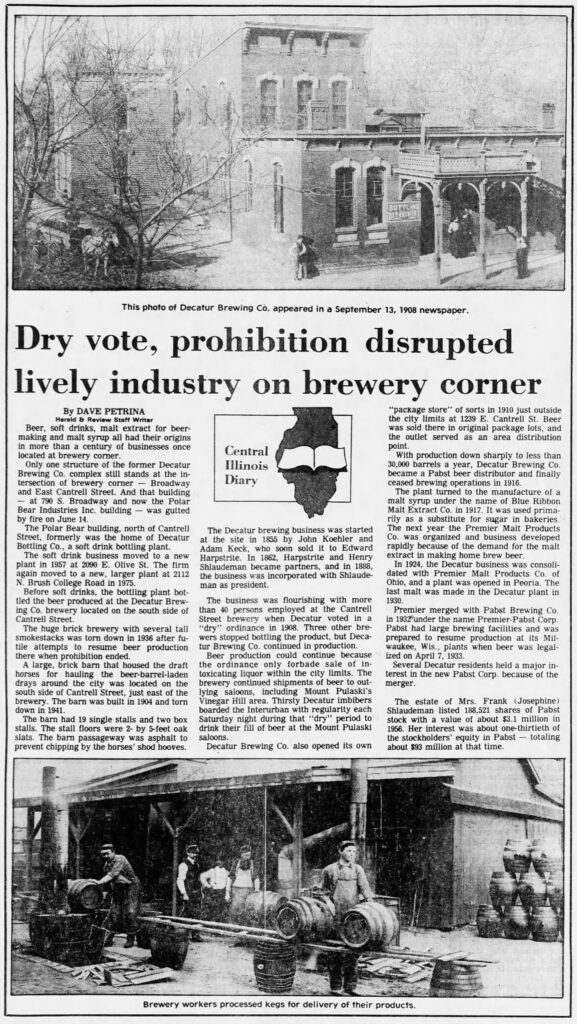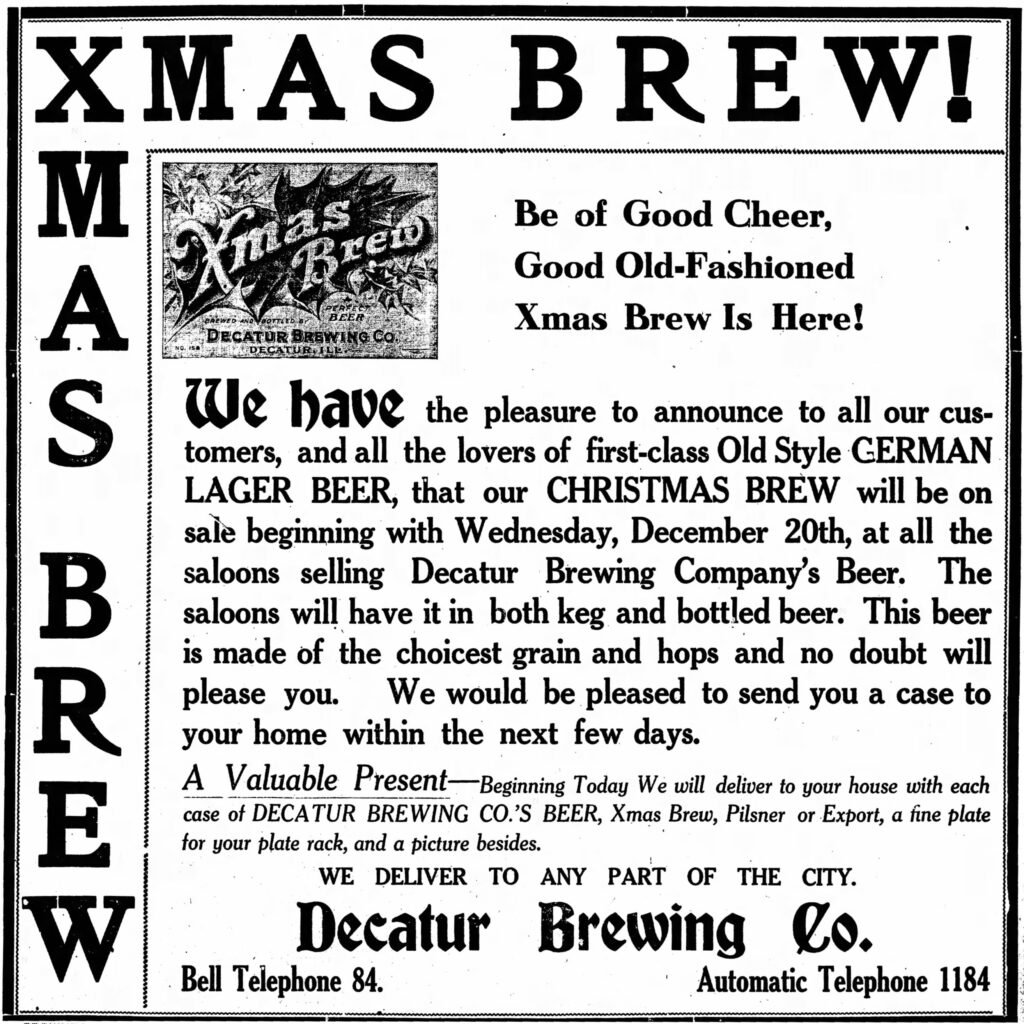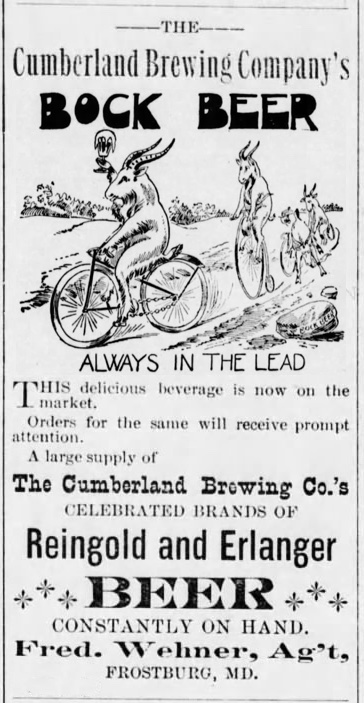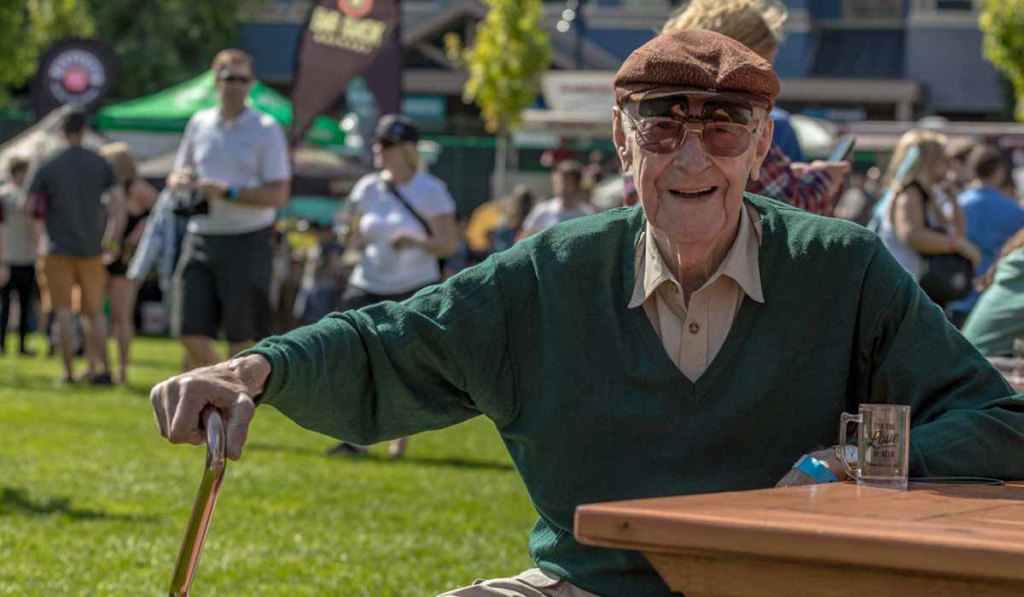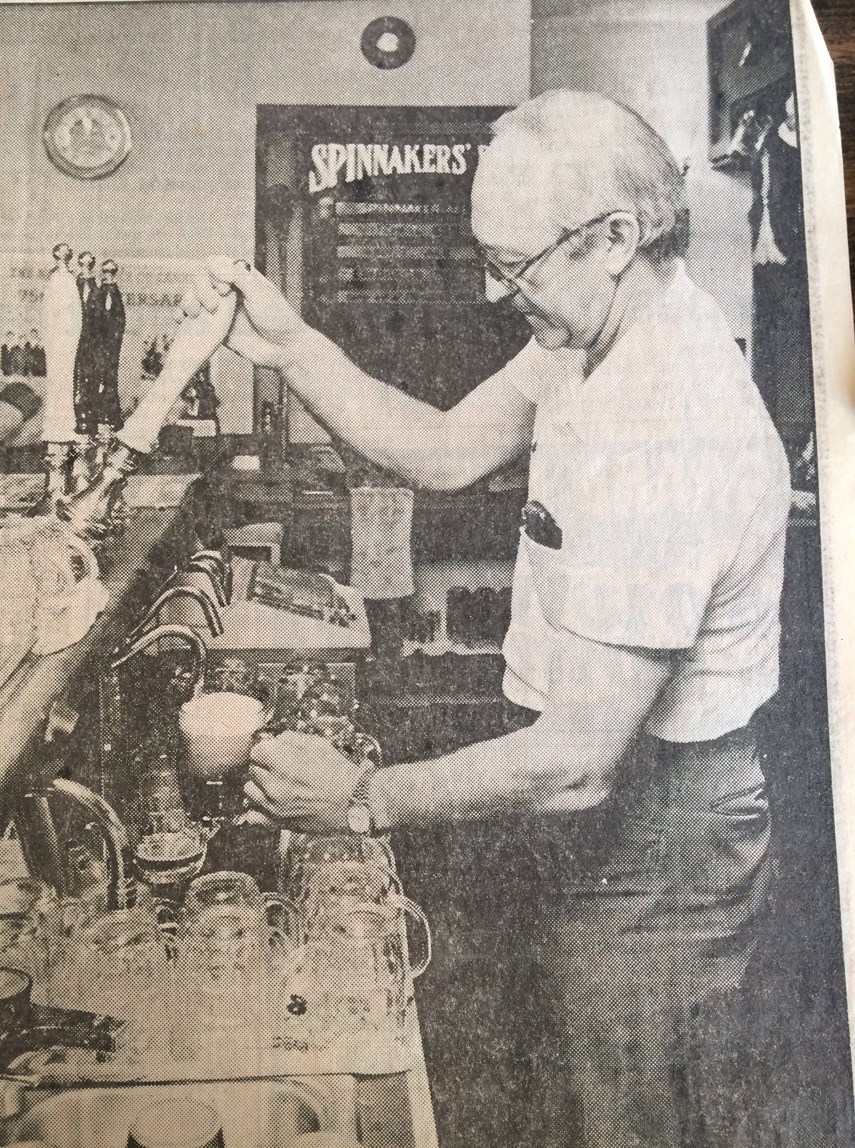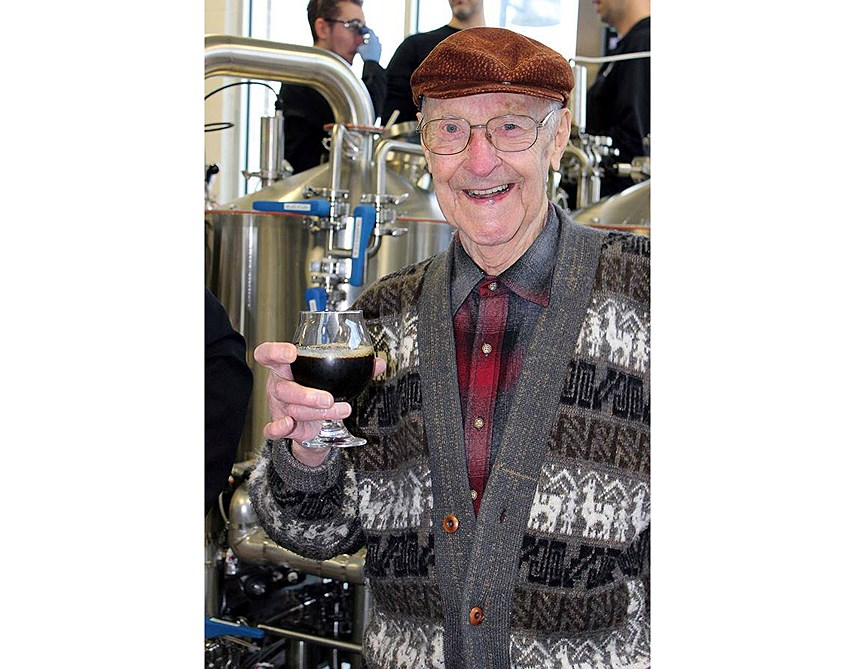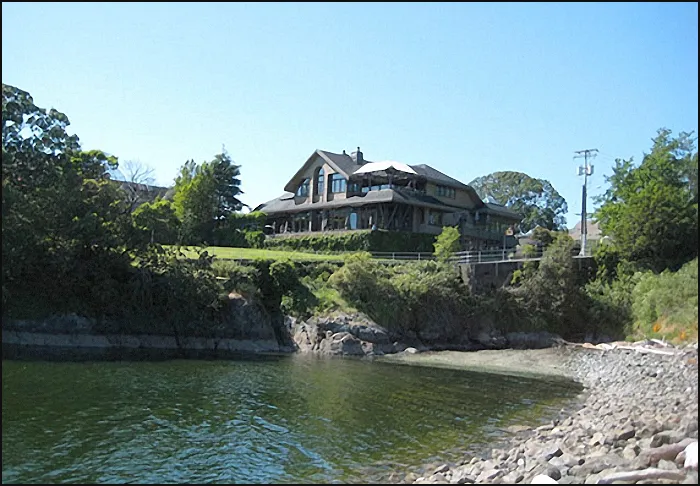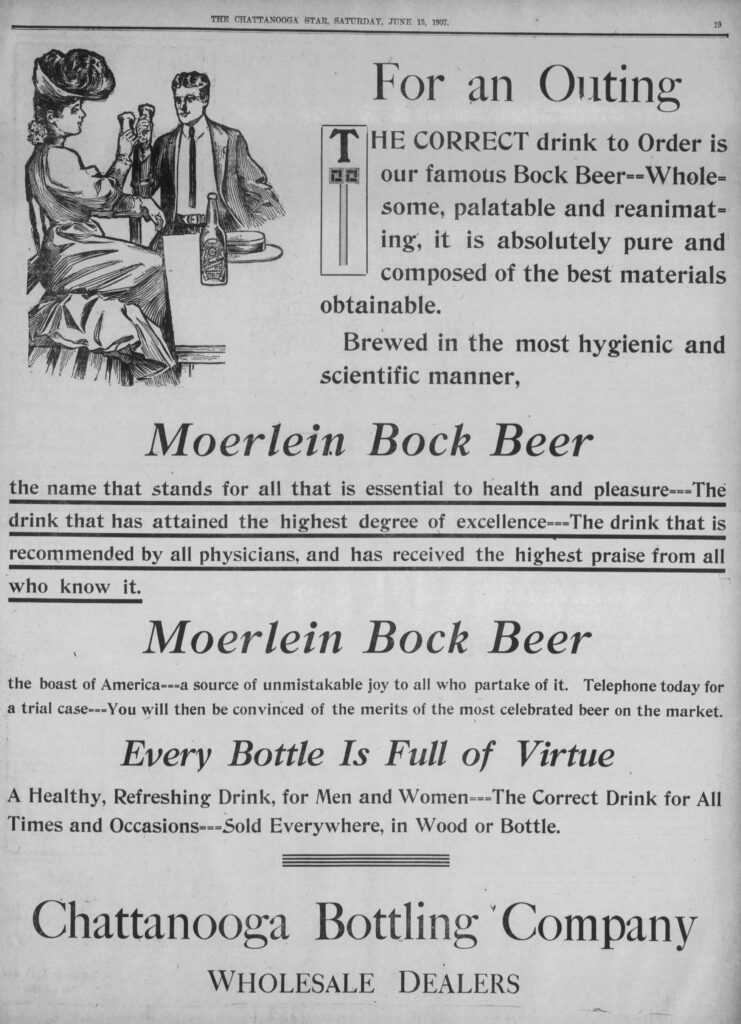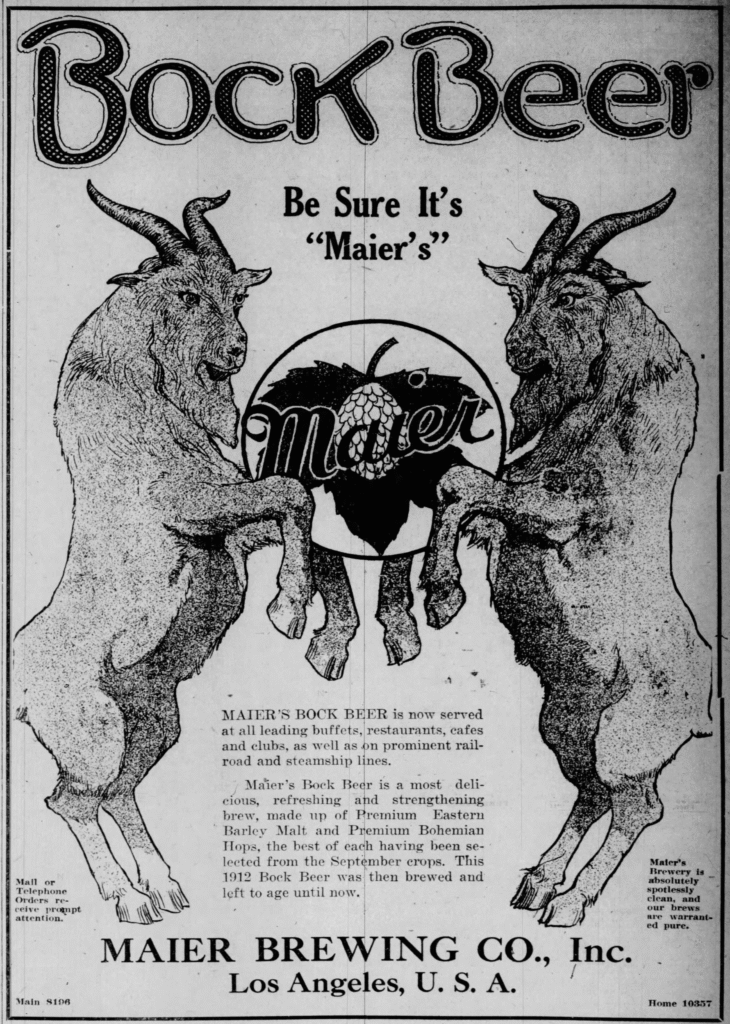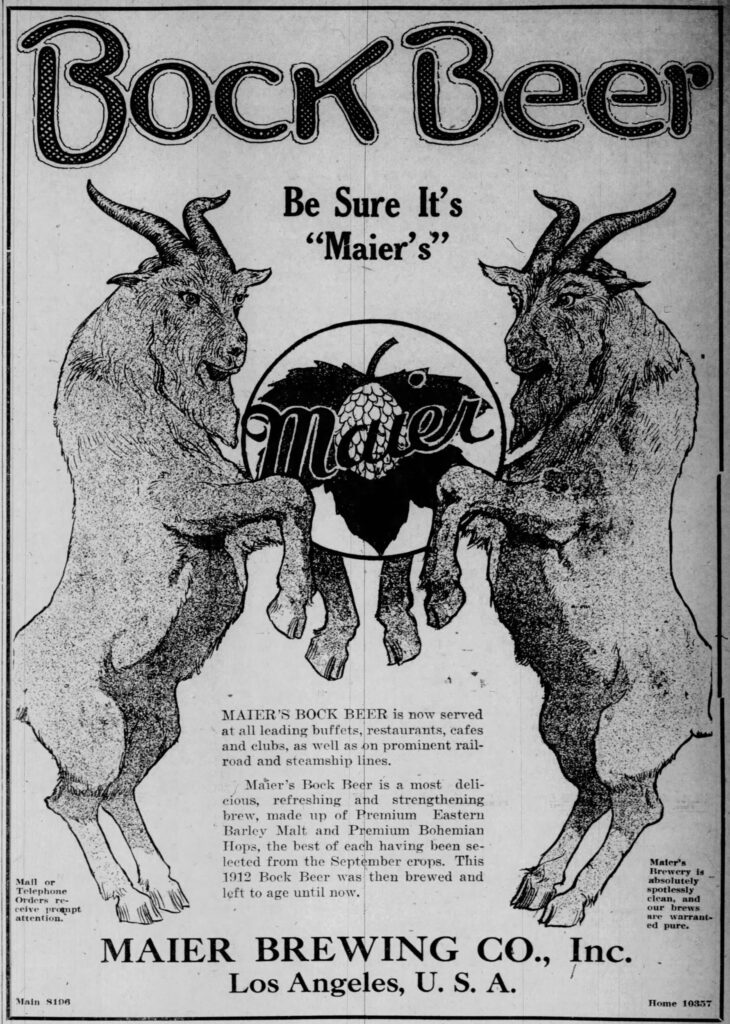
Today is the birthday of John L. Gardiner Jr. (June 19, 1857-October 31, 1931). Gardiner was most likely born in Philadelphia, where his father, John Gardiner Sr., moved from upstate New York to buy the James Smyth Brewery in 1874, renaming it John Gardiner & Co. Brewery. In 1883, Gardiner renamed it again, this time the Continental Brewing Co., which remained its name until it closed at the start of prohibition in 1920. I haven’t been able to confirm his involvement with his father’s brewery, but it seems likely as the eldest surviving son that he would have operated the family brewery after his father passed away in 1903. One source, “The Brewer’s Hand-Book for 1918,” appears to list him as President of the brewery that year, and another Jr., his own son, as Secretary (although his Find-a-Grave page does not list a son), so I suspect I don’t have this quite right yet..
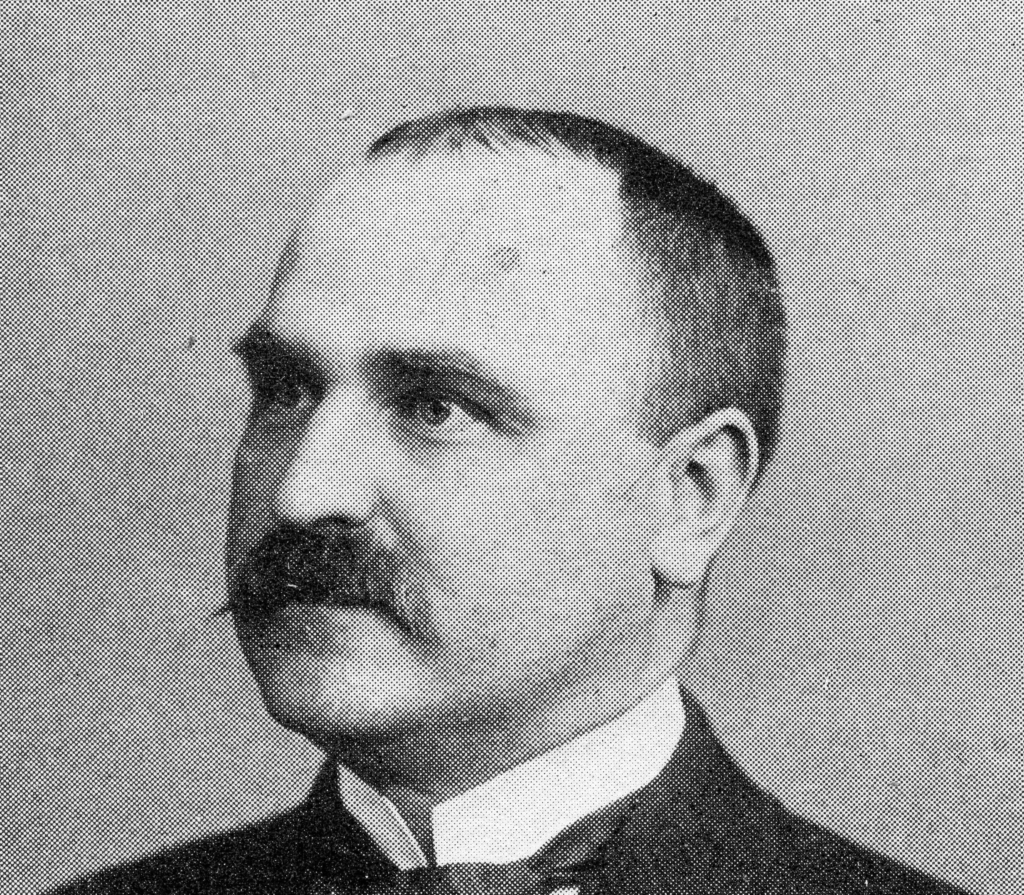
Junior’s father and his family are mentioned in the history of Schmidt’s Brewery, where he worked:
For generations the name of Gardiner had been well known in brewing circles. The family owned the Continental Brewing Co. in Philadelphia. John Gardiner married a daughter of Christian Schmidt. John Gardiner Jr., and Edward A. Gardiner, sons of John Gardiner, joined Schmidt’s to add new luster, in, respectively, sales and finance., to the family management team.
During the entire period of relegalization- including the peak year of 1955- and through to 1958, John Gardiner Jr., a grandson of the founder, was sales and advertising manager for the brewery. Mr. Gardiner, now a vice president, saw sales rise under his management from 106,000 in 1934 to almost 2 million in 1955.
Edward A. Gardiner, his brother, now chairman of the board, was responsible for the financial arrangements which made possible the various expansions of the brewery in the 1930’s, 40’s and early 50’s. It was Mr. Gardiner’s raising of the funds to accommodate the expansion of the company in 1947 and 1948 which kept the brewery abreast of modern changes and in a position to meet the difficult competitive challenge of the postwar years.
